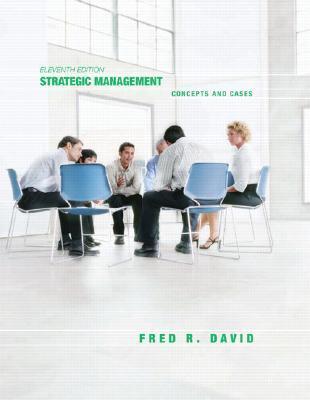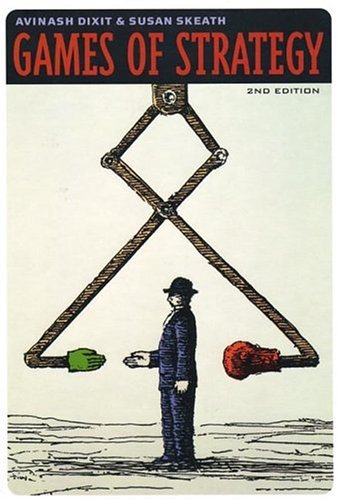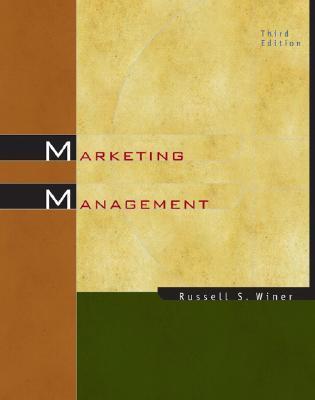
Strategic Management: Concepts and Cases
Book Description
Unlock the secrets of business triumph with 'Strategic Management: Concepts and Cases' by Fred R. David. This riveting exploration unveils the art and science of strategy, blending real-world case studies with powerful concepts that propel organizations to success. Experience the tension of high-stakes decision-making, as leaders navigate through competition, innovation, and market dynamics. Each chapter serves as a battle plan, equipping tomorrow’s strategists with tools to conquer challenges and seize opportunities. Will you emerge victorious in the unpredictable terrain of strategic management, or will the complexities of the business world overwhelm you?
Quick Book Summary
“Strategic Management: Concepts and Cases” by Fred R. David is a comprehensive guide on the formulation, implementation, and evaluation of business strategies. Tailored for college courses but applicable to real-world enterprises, the book harmonizes theoretical frameworks with practical case studies, presenting students and professionals with a robust methodology to achieve competitive advantage. Explaining tools like SWOT analysis, mission statements, and Porter’s Five Forces, David lays out the steps organizations take to navigate changing markets and competition. Throughout, the text emphasizes integrative thinking, ethical decision-making, and adapting to global trends. By blending foundational principles with complex business realities, the book equips readers with the analytical and leadership skills essential for effective strategic management.
Summary of Key Ideas
Table of Contents
Analysis of Internal and External Environments
Strategic management begins with a thorough analysis of both internal and external environments. The book teaches how to utilize tools such as SWOT analysis, PESTEL analysis, and value chain assessment to understand an organization's strengths, weaknesses, opportunities, and threats. Additionally, analyzing the broader competitive context using models like Porter’s Five Forces allows enterprises to gauge industry attractiveness, identify rivals, predict shifts, and spot emerging trends. This holistic perspective is critical for crafting informed and viable strategic decisions.
Formulation and Evaluation of Strategy
Formulating and evaluating effective strategies are central to organizational success. The book discusses the importance of clear mission and vision statements as a foundation, guiding every subsequent action. Using frameworks like the BCG Matrix and Ansoff Matrix, it outlines how organizations can select among growth, stability, or retrenchment strategies, and evaluate options based on fit with core competencies and market dynamics. Careful evaluation ensures the selected path is realistic, sustainable, and aligned with organizational goals.
Implementation and Execution Challenges
Implementing strategy is rife with challenges, from resource allocation to resistance to change. The text delves into how effective leadership, organizational structure, and communication are crucial in executing plans. It highlights the role of policies, incentives, and a strong company culture in aligning workforce efforts and overcoming internal barriers. The complexities of translating strategy into action, especially in large or global organizations, are addressed with practical advice and real-world anecdotes.
Ethics and Social Responsibility in Strategy
Ethics and social responsibility are increasingly critical in modern strategic management. The book underscores the necessity of integrating ethical considerations into both strategy creation and execution. It explores frameworks for responsible decision-making, addressing stakeholder interests, corporate governance, and compliance with regulations. By doing so, organizations can enhance their reputations, foster trust, and ensure long-term sustainability amid growing societal and environmental expectations.
Learning from Real-World Cases
Real-world case studies are woven throughout the text, illustrating concepts and challenges faced by businesses across industries. These cases encourage critical thinking and provide practical applications for theoretical models. By analyzing these examples, students gain deeper insights into the consequences of strategic choices, the unpredictability of business environments, and the value of adaptability and innovation. Ultimately, the combination of rigorous frameworks and applied cases prepares readers to think strategically and act thoughtfully in their own professional contexts.
Download This Summary
Get a free PDF of this summary instantly — no email required.





